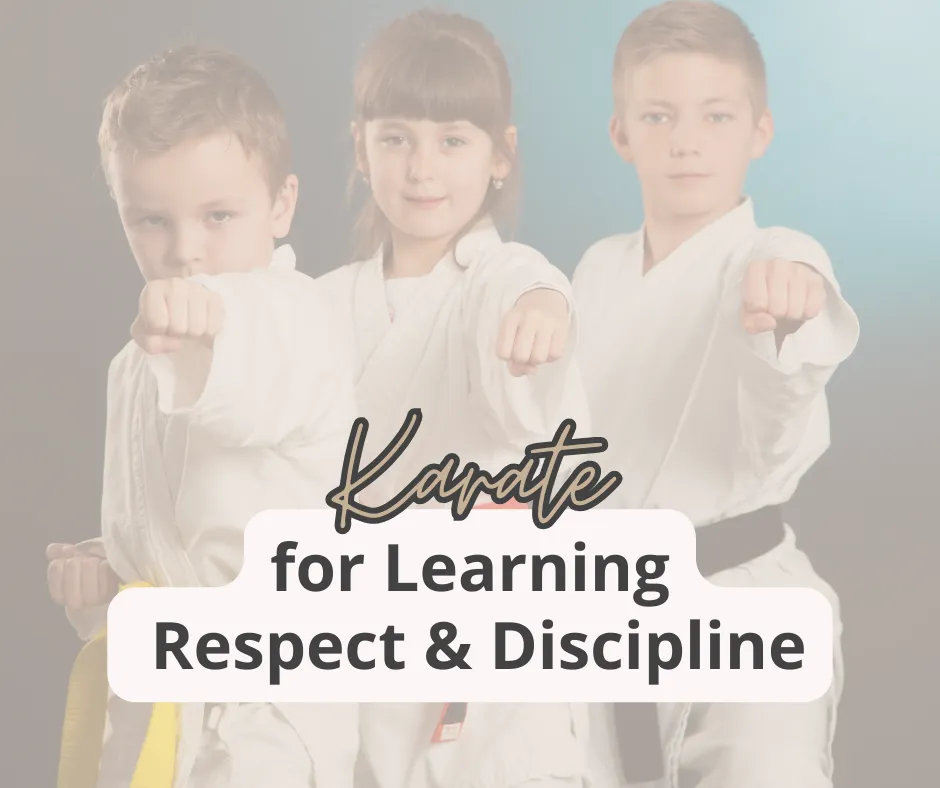
Can Karate Help with Your Child's Behavioral Struggles
Is Karate Really the Answer for Your Child’s Behavioral Struggles?
Many parents turn to martial arts, particularly karate, hoping it will help manage behavioral challenges in their children. The idea is appealing: martial arts promise discipline, respect, and focus. But while karate can be a positive tool for confidence and self-regulation, it is not a guaranteed solution for behavioral issues, and in the wrong environment, it can make things worse.
Here’s what every parent should know before enrolling a child with behavioral concerns in a dojo.
1. Misunderstanding Discipline vs. Punishment
Karate emphasizes discipline, but not all instructors are trained to work with children who have behavioral challenges.
Harsh or punitive methods can escalate aggression rather than improve behavior.
Children with low impulse control may respond negatively to intense correction, leading to frustration, shame, or withdrawal.
2. Risk of Emotional Harm
Some dojos use public shaming or humiliation as a way to “teach respect.” For children already struggling with self-esteem or emotional regulation, this can reinforce negative self-beliefs rather than build confidence. Hurting people hurt people.
3. Power Dynamics and Authority Issues
Karate instructors naturally hold authority in the dojo. While this is normal, children with behavioral concerns may be especially sensitive to power dynamics:
Overly controlling instructors can trigger rebellion, anxiety, or compliance out of fear.
Children may learn to perform for approval rather than internalize discipline or self-control.
4. The Risk of Empowering Aggression
Karate involves controlled strikes and sparring. In the event that your child is learning an art that works, children with impulsive or aggressive tendencies may use what they learn to better hurt others:
They may use learned techniques to intimidate or hurt peers.
Without guidance in emotional regulation, martial arts can amplify existing behavioral challenges making children more dangerous to themselves, their parents and others.
5. Grooming and Safety Concerns
Abuse can occur in any youth activity and any child can be targeted, children with behavioral challenges—especially those who are less assertive—may be at increased risk for:
Emotional or physical abuse
Manipulation or grooming
Unchecked bullying from peers
6. False Expectations
Parents may expect karate to “fix”” behavior problems. Martial arts can be a supportive tool, but it is not a substitute for therapy, counseling, or behavioral interventions. Unrealistic expectations can lead to frustration for both child and parent.
7. Having the Right Instructor Matters
The difference between a dojo that empowers and one that harms is huge. Look for programs that:
Prioritize safety, respect, and emotional well-being
Teach discipline through positive reinforcement, not fear
Have instructors trained in child development or behavior management
Offer a structured, supportive environment that aligns with your child’s needs
✅ Bottom Line
Karate can be a fantastic way for children to build confidence, focus, and self-discipline—but it is not a one-size-fits-all solution for behavioral concerns. Choosing the wrong dojo can worsen anxiety, aggression, and/or low self-esteem - making your situation immensely worse. By asking the right questions and observing how instructors interact with children, parents can ensure martial arts is a tool for growth, not harm.
Looking for Next Steps?
➡️ Read our checklist: [15 Questions Every Mom Should Ask Before Signing Up for Karate].
It’s a clear, practical guide to help you spot a dojo that empowers kids — instead of harming them.
➡️ Consider private family training [Carrie teaches privately, in home and online].
Learning alongside your kiddo ensures that you know what they know and are able to keep yourself safe from outburst.
➡️ You can address behavior without karate: [Check out our suggested books].
If you're looking for a solution but not sold on karate we have help parents help their kids.
➡️ Get support from likeminded mamas [Join us in the FREE Mama Bear Community].
Inside the community, we have a space just for moms struggling with their children's unsafe and aggressive behaviors.